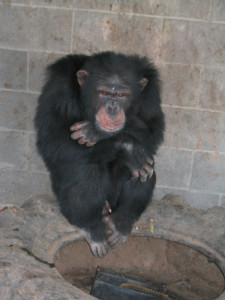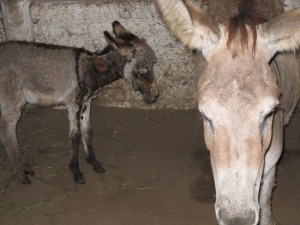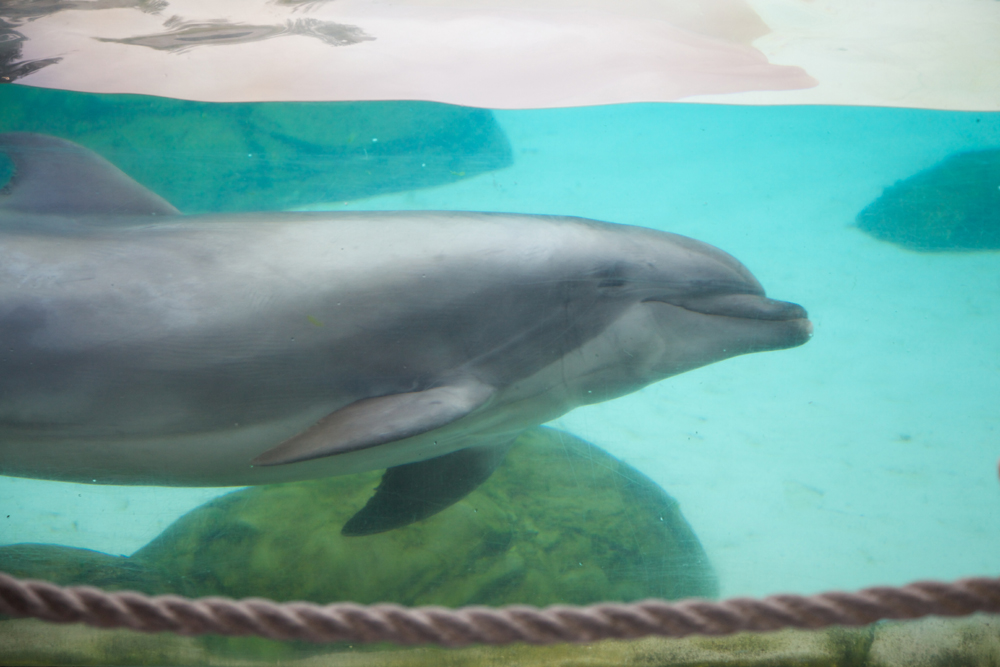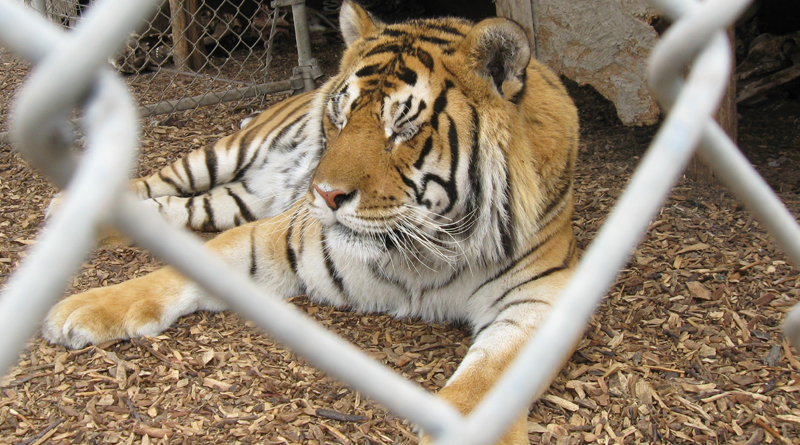TRAVEL TIPS FOR A CRUELTY-FREE HOLIDAY
Travelling abroad this summer? Fantastic! Everybody needs a holiday. And what better way to spend your time than immersing yourself in the history, attractions and culture of another country? But don’t add cruelty to your itinerary by visiting marine parks, roadside zoos, donkey rides or captive-dolphin shows.
Animals in these dismal destinations never get a vacation. Day in and day out, they’re confined to tiny cages and live an unfulfilled life that’s light years removed from their natural habitat, forced to dance around in tutus in the circus or give rides all day long in the heat – and worse. Europe offers so many great opportunities for tourists that your trip can be crammed full of cruelty-free memories. Although you should walk the other way whenever any attraction includes captive animals, here are five of the worst:
Running of the Bulls (Pamplona, Spain)
Every year, tourists travel to Pamplona for the Running of the Bulls. After the event, the bulls who were forced to participate in it are led to the bullfighting arena. They often have petroleum jelly rubbed into their eyes or are beaten with sandbags before they’re sent into the bullring, where they are then taunted, stabbed repeatedly and finally killed by the matador in a stadium full of onlookers. The majority of Spaniards reject bullfighting – please don’t support this archaic spectacle.
 Schwaben Park Chimpanzee Show (Baden-Württemberg, Germany)
Schwaben Park Chimpanzee Show (Baden-Württemberg, Germany)
The chimpanzee show at Schwaben Park is truly a house of horrors. The chimpanzees are forced to perform demeaning tricks on leashes and are often trained with regular beatings or the use of shock collars. Instead of paying to see these animals perform meaningless tricks that they don’t understand, consider visiting a non-animal theme park.
Horse-Drawn Carriages (throughout Europe)
City streets are no place for horses. The animals toil in all weather extremes, suffering from respiratory distress caused by inhaling exhaust fumes as well as numerous hoof, leg and back problems from walking on pavement all day long. As easily spooked prey animals, horses who are subjected to the loud noises and unexpected sounds of city streets are inevitably involved in accidents – often deadly ones. Bikes, buses and even boats offer safe and humane touring.
 Donkey Rides (throughout Europe)
Donkey Rides (throughout Europe)
Sunning on the beach is great for humans – we can take a quick dip or catch a bite to eat when we get too hot or hungry. But it’s pure hell for the donkeys who are confined to the beach and forced to cart children around on the hot sand. Some donkey-ride operators at beach resorts in the UK, such as Bridlington and Blackpool, even keep the animals chained together at all times. Instead of taking a donkey ride, swim in the sea or build a sand castle.
Mediterraneo Marine Park (Pembroke, Malta)
The Mediterraneo Marine Park uses bottlenose dolphins in performances and offers visitors the opportunity to swim with the animals. Unfortunately, visitors are often unaware that most of these dolphins were captured from the wild or imported from conflict-ridden countries. A great alternative is to take a dolphin- and whale-spotting holiday that doesn’t involve capturing or handling the animals.

What to Do if You Spot Cruelty
When travelling, it’s always best to be prepared for the unexpected. Before you go, use WorldAnimal.net to obtain contact information for local shelters and animal groups in the areas where you’ll be travelling, and carry this information with you. Then if you see a horse-drawn carriage, travelling animal exhibitor or other abusive “attraction” with sick, listless or otherwise distressed animals, you can turn to locals for help.
First, document what you see: take photographs or video and note the date, time and location. Is there water or food available for the animals? Are they confined amid filth or exhibiting signs of injury or illness? Then turn your information over to the local contacts. Tell the managers of hotels, restaurants or other facilities that are hosting or promoting the animal exhibit that you and other kind people won’t visit if suffering animals are present. Write a letter to the editor of your hometown newspaper asking those with travel plans to skip the cruelty, and be sure to post negative reviews on online travel sites.
For more cruelty-free travel and living tips, please visit PETA.org.uk.

